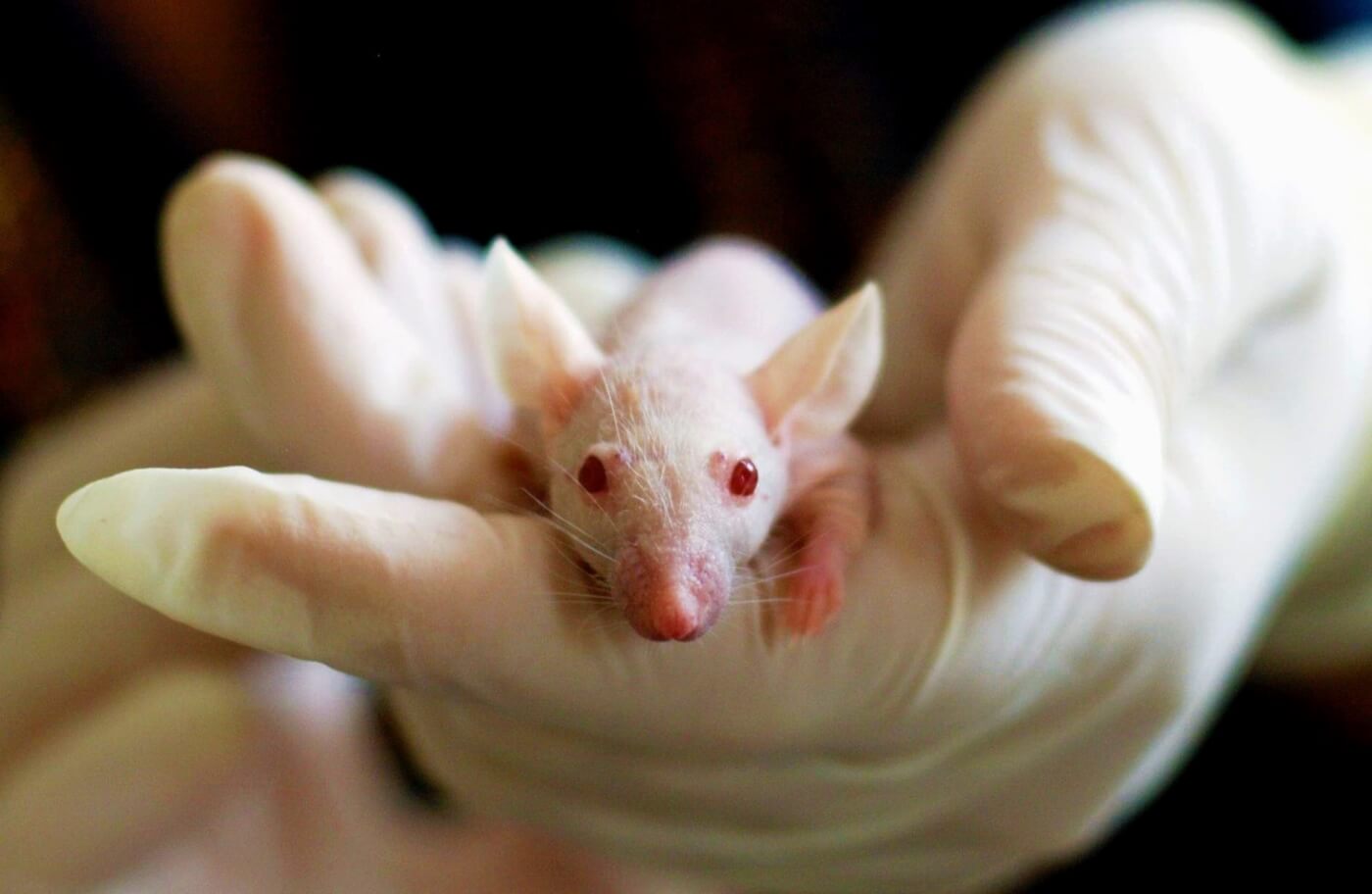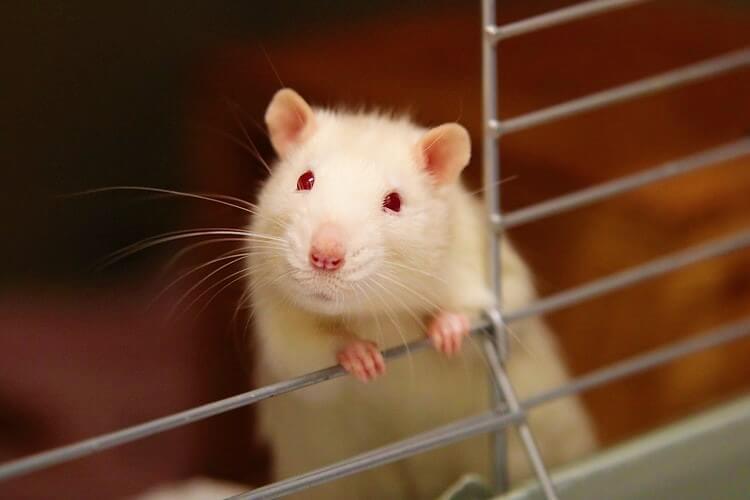Boston Lab Put Live Baby Mice in a Refrigerator, Starved Animals
After uncovering damning reports documenting chronic violations of federal animal welfare provisions at Brigham and Women’s Hospital (BWH)—including laboratory staff members who tossed live baby mice into a refrigerator, starved mice to death, and performed surgery on them without proper pain relief—PETA is calling on the Boston Police Department to investigate the hospital for cruelty to animals and to hold all those involved accountable.
Brigham and Women’s Hospital: Mutilating, Tormenting, and Starving Animals
Massachusetts law prohibits animals from being “deprive[d] of necessary sustenance,” tormented, killed, or “subjected to unnecessary torture, suffering or cruelty of any kind.” The long list of horrors that PETA found through a Freedom of Information Act looks a lot like cruelty and suffering to us:
- Experimenters performed surgery on a sheep and some mice without giving them proper analgesics (pain relief).
- Experimenters performed surgery on sheep, but failed to give them antibiotics as required.
- Staff neglected to euthanize multiple suffering or dying animals in a timely manner.
- Nineteen mice were found dead after staff members failed to anticipate the behavioral consequences of an experiment in which the animals became “more aggressive than expected.”
- Staff neglected to provide animals with food on multiple occasions, which led to several animals starving to death.
- An experimenter who hadn’t completed the necessary training killed four mice while subjecting them to a surgical procedure.
- After an experimenter injected mice with an unapproved substance, 12 of them developed ulcers and had to be euthanized.
- Experimenters subjected mice to surgery and placed a sponge on the surgical incision, which “interfered with the animals’ ability to access food and water.” Seven mice were found dying and were subsequently euthanized.
- Four mice died and one more had to be euthanized when staff members failed to notice that some were trapped on top of an enrichment device, some were left “on top of a food hopper,” and one had their tail trapped between the cage and the lid.
- Thirteen rats died because experimenters neglected to monitor them and failed to notice that laboratory equipment was defective.
- Several mice and rats were left to languish beyond the specified humane endpoints, enduring additional pain and distress.
These are just some of the violations that we found. By allowing the torment and suffering of vulnerable animals in its laboratories, it seems that BWH laboratory staff may have violated Massachusetts law. That’s why PETA is asking the Boston Police Department to take appropriate action immediately.
Mice, Rats, and Others Are Not Ours to Use in Crude Experiments
There’s no excuse for laboratories to use social, family-oriented mice and rats in experiments. Unlike state-of-the-art computer modeling and research using human cells—methods outlined in PETA’s Research Modernization Deal—experiments on rodents are cruel and ineffective.
Because tests on mice and rats kept in stressful laboratory settings shed so little light on the way treatments will affect humans, even the chief of the Tuberculosis Research Section of the National Institute of Allergy and Infectious Diseases said, “If we look to the mouse to model every aspect of the disease for man, and to model cures, we’re just wasting our time.”
Help End Cruel Tests on Animals—Support PETA’s Research Modernization Deal!
Studies show that 90% of all basic research, most of which involves animals, fails to lead to human treatments. Research needs to change, and the first step is looking toward humane, human-relevant methods. You can help revitalize research by supporting PETA’s Research Modernization Deal:

